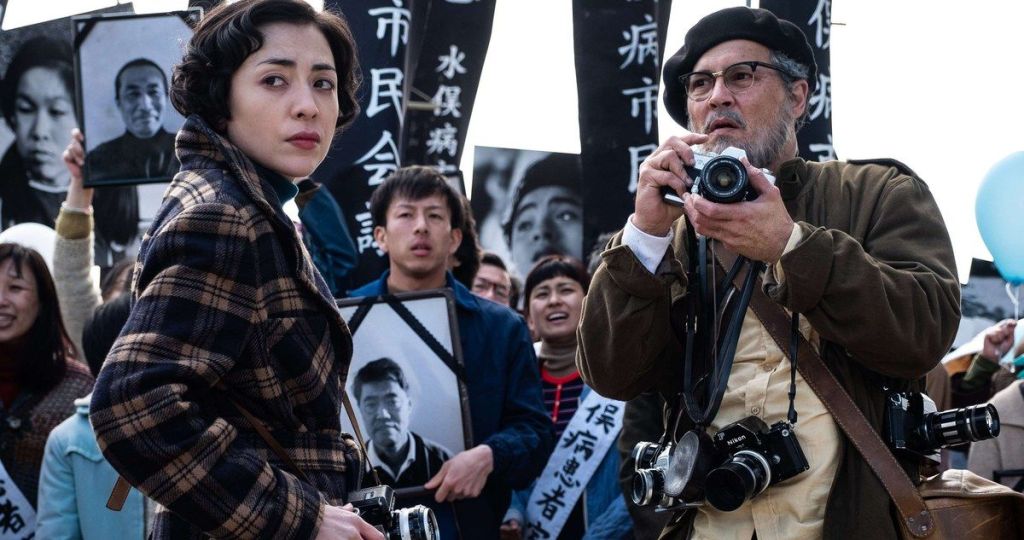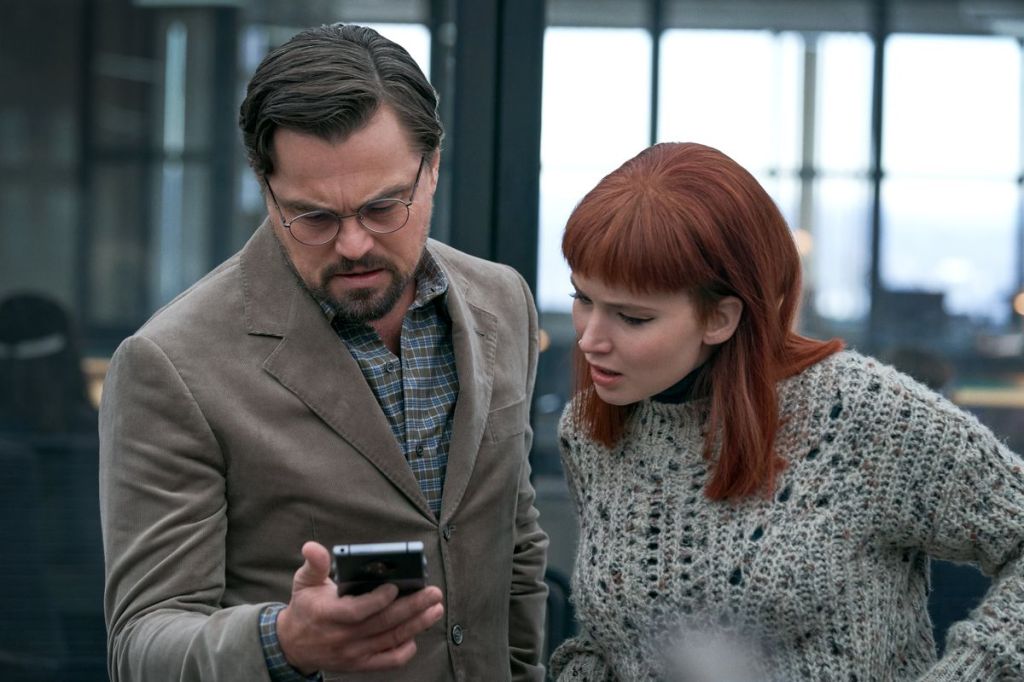Director: Joel Coen
Starring: Denzel Washington, Frances McDormand, Bertie Cavel, Alex Hassell, Corey Hawkins, Harry Melling, Brendan Gleeson
Certificate: 15
Run Time: 105 mins
Directing for the first time without his brother, The Tragedy of Macbeth is a new adaptation of William Shakespeare’s play by Joel Coen. There have been no shortage of adaptations, with Justin Kurzel’s 2015 film representing the pinnacle, a visceral and visually arresting experience with some powerhouse performances. This adaptation features Denzel Washington in the titular role, with Coen’s wife Frances McDormand as the fearsome and unfeminine Lady Macbeth.
Whilst a Macbeth retelling initially presents as a perplexing move to break the strong partnership, watching this ethereal and stark black-and-white adaptation unfold represents the director as his own distinctive voice, even if it lacks their typically zany qualities. This is an emotionless film that imagines the Scottish kingdom as an intermediary stop-over to hell, with its cold and abstract surroundings. Coen imagines Macbeth’s castle as angular and vapid, its never-ending staircases reminiscent of an escalator to judgement. The narratively expansive Birnam Wood is presented more intimately, the framing of soldiers akin to a narrow corridor.
The production design and Bruno Delbonnel’s cinematography are some of the best of cinema this year. There are countless shots that are poetically haunting, particular highlights include a shot of Kathryn Hunter’s witch looking down on Macbeth from a rafter as he learns his prophecy. There is also a terrific score by Coen-regular Carter Burwell, although it is only used sparingly.
There are some interesting performances here. Denzel Washington makes for a reliable lead and comfortably carries the character’s descent into madness. Frances McDormand is suitably venomous as Lady Macbeth, although Coen’s choice to cast these more veteran actors is perplexing. I just didn’t buy McDormand as a character capable of bearing children in her soliloquy where she grants the gods permission to remove her womanly feature as a means to achieve her goal. Brendan Gleeson’s King Duncan sounds like an excellent fit on paper. His role is more of a glorified cameo but the actor gives a strange performance. He’s solid in his first handful of scenes but later, he puts on an unconvincing Scottish accent.
Kathryn Hunter is the standout of the cast, who Coen imagines as one witch rather than a trio of weird sisters. The motif of the witch as a black crow is fascinating, following and treating Macbeth like a voodoo vessel. Coen reimagines Banquo’s sighting at a dinner as the witch’s influence on Macbeth, which is a fascinating interpretation.
There’s a lot to like in The Tragedy of Macbeth and the film cements Joel Coen as his own singular voice. It is a visual spectacle and has some interesting ideas to distance itself from other adaptations. This is a quieter, more meditative take, its other-worldly imagery positioning Shakespeare’s story more as a fable than reality.
⭐⭐⭐ (Good)











